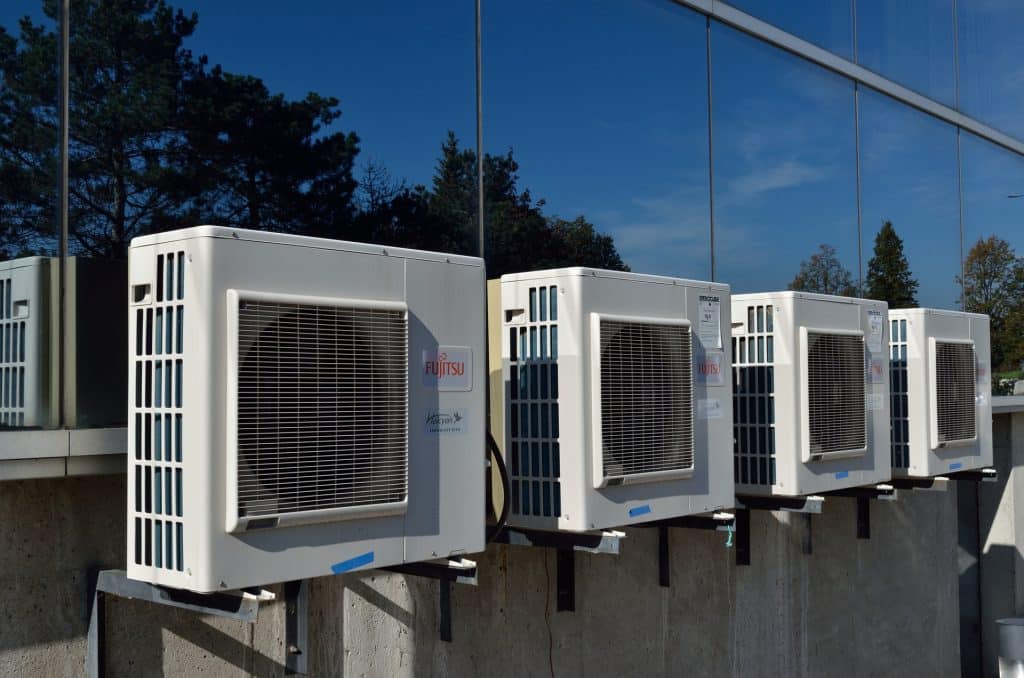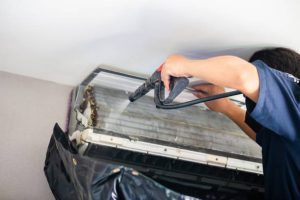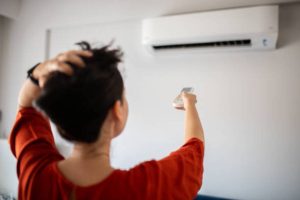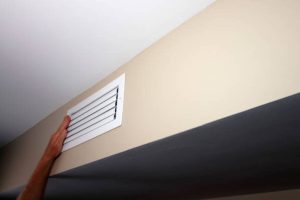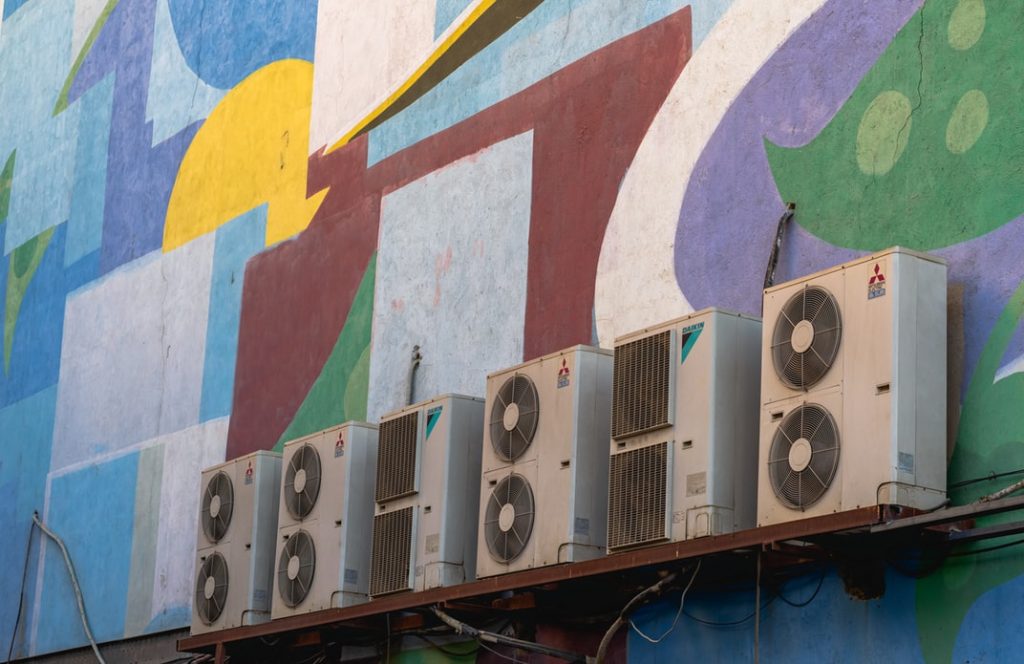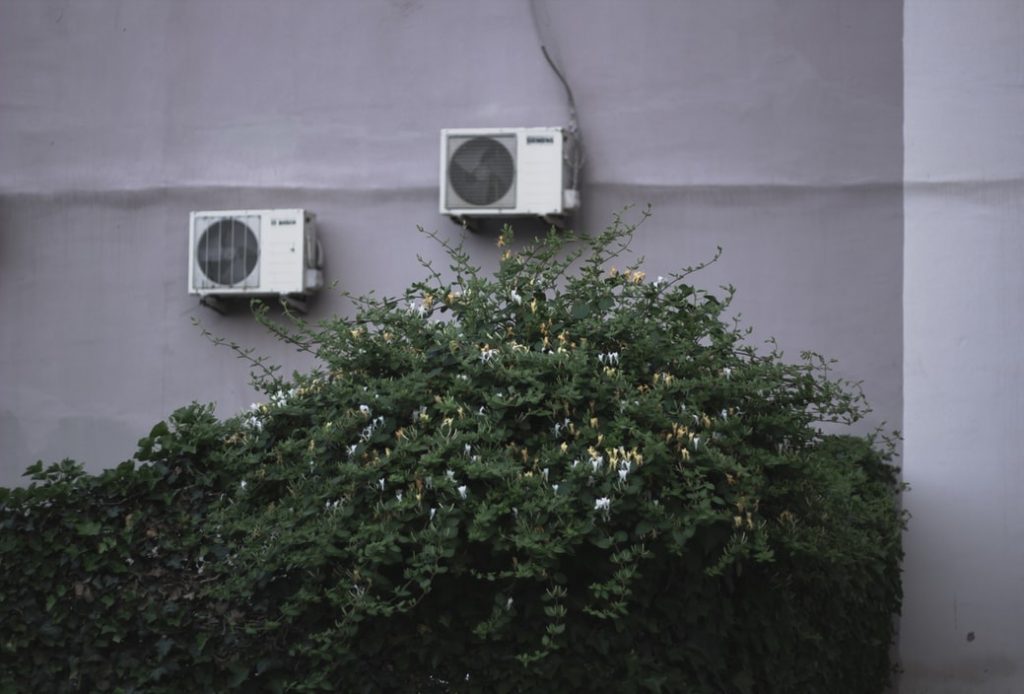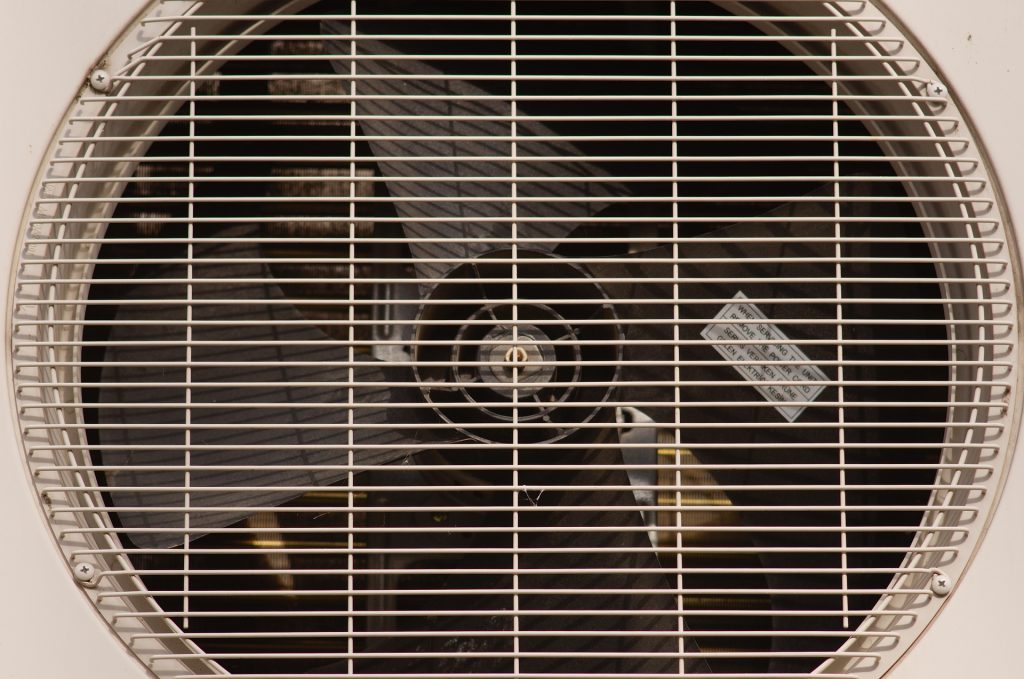As the weather warms up in Arizona over the coming summer months, many people will begin to turn on their air conditioning systems to keep cool. With this increased use of power, it’s essential to protect your electronics from power surges and that includes your HVAC system. Power surges can cause damage that may lead to expensive repairs or replacements. One way to prevent this is by using surge protectors for your HVAC systems.
What Causes Power Surges?
Power surges are sudden increases in voltage that can damage or destroy electronic devices in your home. Several situations can create a power surge, including:
Lightning Strikes: Lightning can strike power lines, causing a sudden increase in voltage that can travel through the electrical system and into your home’s electrical lines. This is the most common cause of power surges in homes.
Electrical Grid Issues: Problems with the electrical grid, such as power outages, power fluctuations, and power switching, can all cause power surges. These issues can occur for many reasons, including weather conditions, equipment failure, and maintenance work.
Electrical Appliances: Large appliances such as refrigerators, air conditioners, and washing machines can cause power surges if they draw too much power or if there is a fault in their internal wiring.
Faulty Wiring: Faulty wiring in your home that is old, worn, or damaged can cause power surges. Wiring can also create a surge if it has been installed or grounded improperly.
Downed Power Lines: Downed power lines can come into contact with the ground or other objects. This can cause a sudden increase in voltage coming into your home.
Power Company Equipment: Power company equipment such as transformers, generators, and circuit breakers can fail, causing a sudden increase in voltage that can travel into your home.
No matter where a power surge originates, HVAC surge protectors can help to mitigate the damage and protect your AC system. Additionally, having a professional electrician inspect and maintain the electrical system in the home can help to identify any potential issues that could lead to power surges and prevent them from occurring in the first place.
What Kind of Damage Can a Power Surge Cause to an AC?
In homes without surge protectors for air conditioners in place, power surges can cause considerable damage to AC systems by overloading and damaging electrical components. Some of the potential damage that power surges can cause to your HVAC system include:
Compressor: The compressor is one of the most critical components in an HVAC system, and it can be particularly vulnerable to power surges. Without surge protectors for air conditioners, homeowners risk overloading the compressors, causing them to fail.
Control board: The control board is responsible for regulating the operation of the HVAC system. A power surge can damage the control board, leading to issues with the operation of the system.
Thermostat: The thermostat is responsible for controlling the temperature in the home. A damaged thermostat can cause the HVAC system to run inefficiently, leading to higher energy bills.
Blower motor: The blower motor is responsible for circulating air through the HVAC system. A power surge can damage the blower motor, causing it to run inefficiently or fail altogether.
Wiring: Power surges can damage the HVAC system’s wiring. Damaged wiring can lead to issues with the operation of the system, including short-circuiting and potentially causing a fire.
Power surges can also cause issues with the HVAC system that can decrease efficiency, increase wear and tear, and reduce lifespan. It’s essential to protect your HVAC system from power surges by using air conditioner surge protectors.
What Do HVAC Surge Protectors Do?
A surge protector is a device designed to protect electronic devices from power surges. It works by diverting excess voltage away from your devices in order to prevent damage. Surge protectors for AC units and other appliances come in different shapes and sizes.
While most people think of power strips as surge protectors, this is not always the case. Not all power strips provide surge protection and surge protectors for air conditioning systems are installed directly on your unit’s circuit breaker system rather than plugging into a wall somewhere.
Here are some things to keep in mind when using a surge protector for air conditioner systems:
- Make sure that the surge protector is designed specifically for use with air conditioning systems. These surge protectors typically have higher voltage ratings, which make them better equipped to handle the power requirements of your air conditioning system.
- Make sure to read the manufacturer’s specifications to ensure that the surge protector you choose is suitable for your air conditioning system.
- Follow the manufacturer’s instructions when installing your surge protector. Make sure to plug it into a grounded outlet. If you are unsure how to go about installing your HVAC surge protector, hire a professional to complete the task. A surge protector that has been installed incorrectly can do more harm than good.
Surge protectors for air conditioners are essential in protecting them from power surges. Power surges can cause significant damage to your air conditioning system, leading to expensive repairs or replacements. By using a surge protector designed specifically for air conditioning systems, you can divert excess voltage away from your system and prevent damage.
Taking Steps to Prevent Power Surges
In addition to using a surge protector, there are other steps you can take to protect your air conditioning system from power surges. One of the most effective ways to prevent power surges is to turn off your air conditioning system during a storm.
Another way to protect your air conditioning system is to have it inspected and maintained regularly by a professional. Professional HVAC technicians like the ones at American Home Water and Air can check for any potential issues that could lead to power surges and recommend ways to prevent them.
They can also clean and replace any dirty or worn parts that could be causing your air conditioning system to work harder than it needs to, which can put additional strain on the system and increase the risk of power surges.


